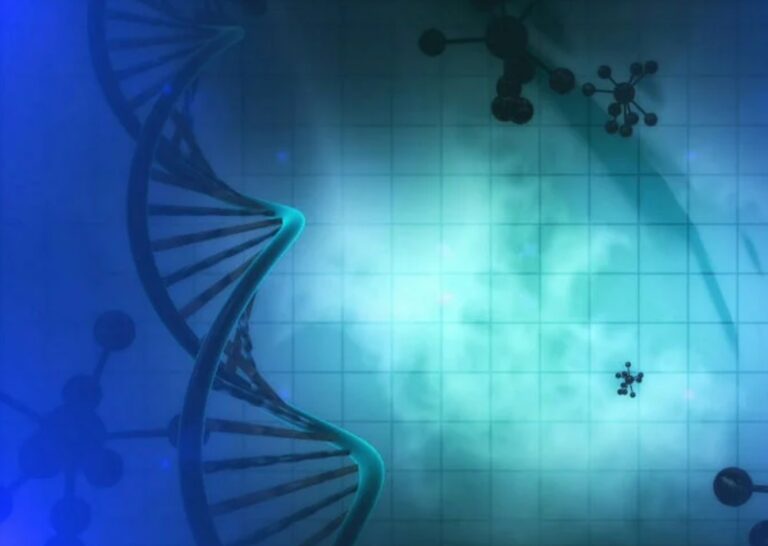The CancerSEEK liquid biopsy (bloodtest) detects small amounts of DNA and proteins released into the blood stream from cancer cells to then indicate the presence of different types of cancer including ovarian, liver, stomach, pancreatic, oesophageal, bowel, lung or breast. It can be used even prior to any signs of cancer for early detection. It uses AI for prediction and reliably detects early stage cancer. The study was published in Science, and the research was led by a team from John Hopkins University, with collaboration from Australian scientists at the Walter and Eliza Hall Institute.
CancerSEEK detects the patterns of mutations and altered proteins to not only detect the cancer but can also suggest where the cancer is likely to be based on these. It is able to look for mutations in 16 genes that regularly arise in cancer patients and for eight proteins that are often released in cancer patients.
For more information on using AI in disease detection and clinical trials, please contact Eularis for a confidential discussion.
Found this article interesting?
To learn more about how Eularis can help you find the best solutions to the challenges faced by healthcare teams, please drop us a note or email the author at abates@eularis.com.

